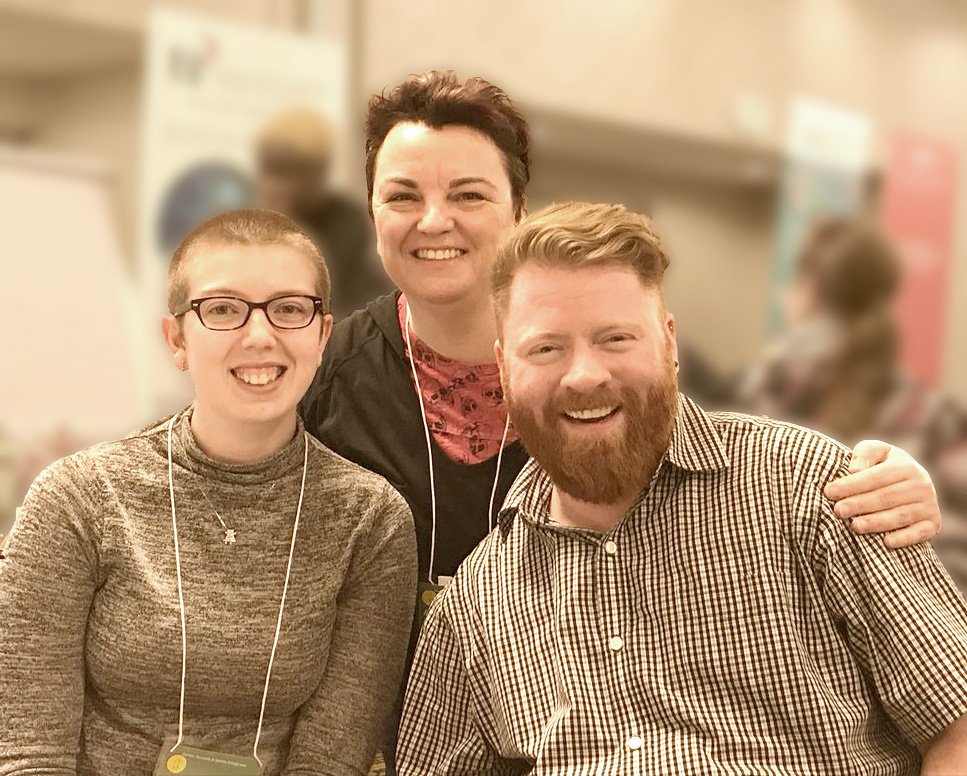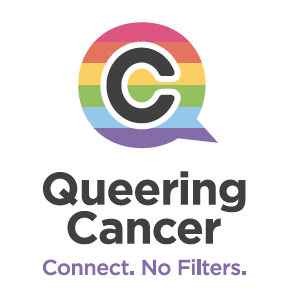Queering Cancer site provides resources to the LGBTQ2+ community

Queering Cancer (www.queeringcancer.ca) is a new website that addresses systemic disparities in access to cancer support and information for people who identify as LGBTQ2+.
The site is the brainchild of a research team that includes Dr. Evan Taylor, an assistant professor in the UFV School of Social Work and Human Services, and colleagues from Queen’s University and the University of Alberta.
The unique initiative has been developed with patients and academic partners to provide peer support and a library of relevant information for the community. The site includes a peer support forum, patient stories, and a searchable database of cancer resources specific to LGBTQ2+ people. The resources on Queering Cancer are also made available to caregivers and clinicians who treat and support the LGBTQ2+ community.
The project team recognized the need for this type of support in the medical system and realized their audience was global.
“Our team kept hearing stories about barriers and challenges that LGBTQ2+ people were experiencing while trying to navigate our medical system and get treatment and supports from a cancer system that wasn’t designed with them in mind,” said Taylor. “We want to create an online space that is accessible to folks who need information, but most importantly, is a peer-driven space that can mobilize community knowledge and create a practical support network for LGBTQ2+ people dealing with cancer — here in BC, across Canada, and around the globe.”
The project is funded by the Canadian Institutes of Health Research (CIHR), Institute of Gender and Health (IGH).
“The CIHR Institute of Gender and Health is thrilled to support the Queering Cancer website to help the LGBTQ2+ community navigate their cancer experience and those of their loved ones. The idea was launched at one of our hackathons, and couldn’t have become a reality without this great team of leaders, Meghan McInnis, Evan Taylor, and Amanda Bolderston,” said Dr. Cara Tannenbaum, Scientific Director, IGH.
Dr. Taylor points to research that consistently finds health disparities for LGBTQ2+ populations in areas relating to cancer screening and follow up, as well as patient outcomes, experiences, and satisfaction with care. Many of these disparities are related to issues of stigma, discrimination, and lack of culturally effective education and practice support for providers.
 Queering Cancer’s tagline is “Connect. No Filters” — a sentiment Taylor sees as central to the mission of the project.
Queering Cancer’s tagline is “Connect. No Filters” — a sentiment Taylor sees as central to the mission of the project.
“My stand-out memory of developing the Queering Cancer project was the way my heart jumped out of my chest when we spoke with Mary, our patient partner, when she told us that the website needed to be ‘fierce and bold’. This meant that the website needed to be a space for people to discuss aspects of their cancer experience that related to their identities and lives as LGBTQ2+ people that just weren’t being talked about anywhere else. Hence, ‘No Filters.'”




